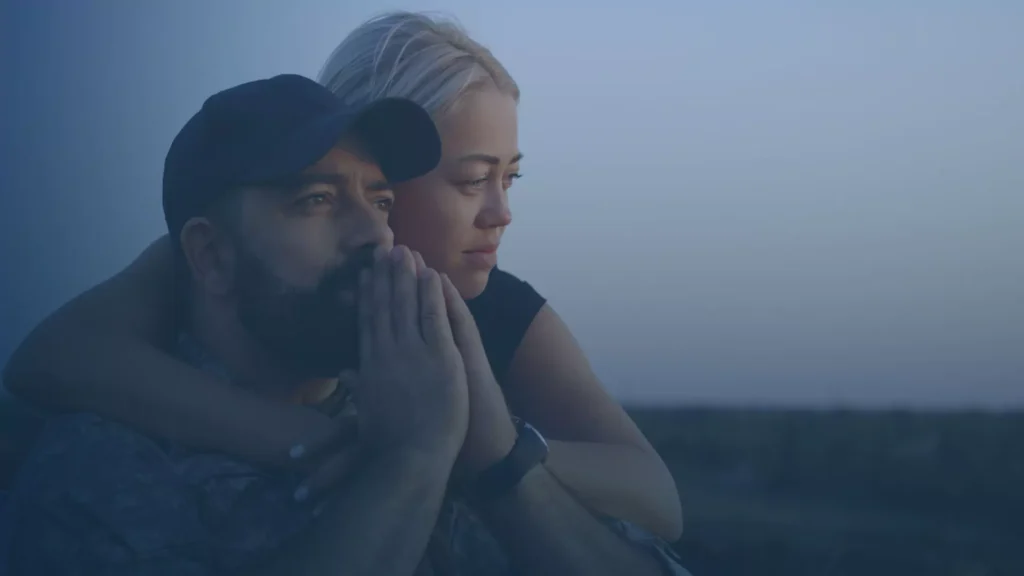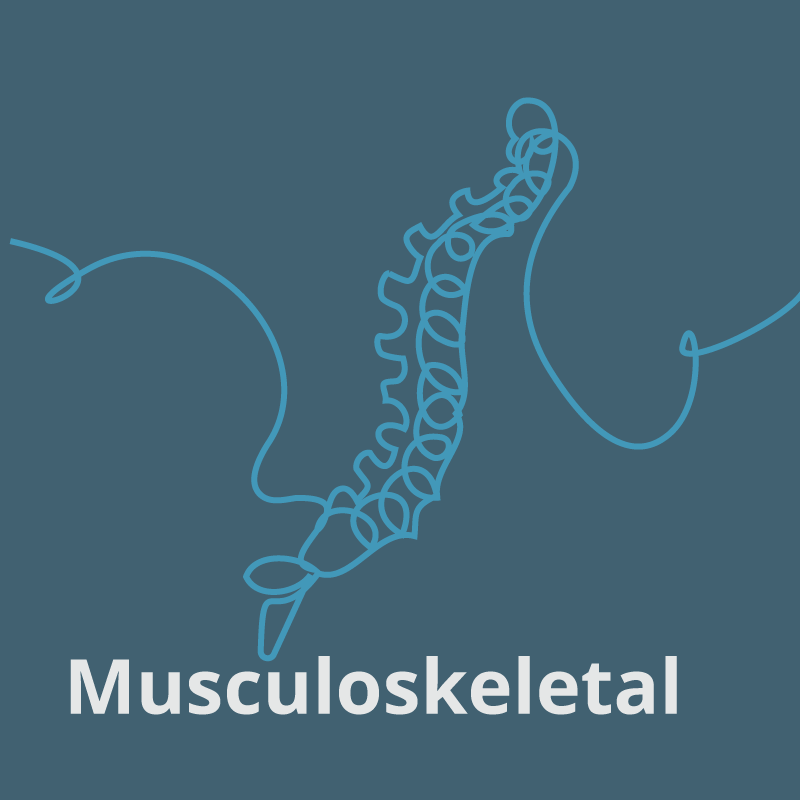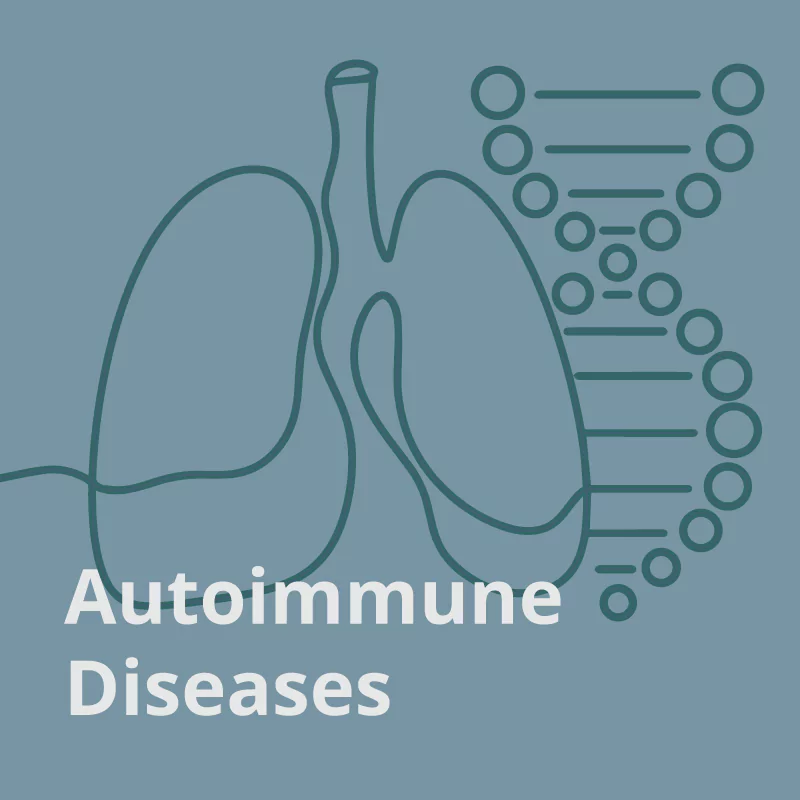PTSD Lawyers for Veterans

Post-Traumatic Stress Disorder (PTSD) is one of the most common mental health conditions affecting Veterans. Many who served in combat zones, experienced military sexual trauma (MST), or endured other traumatic events during service develop PTSD, which can have lasting effects on their mental health, personal relationships, and ability to work. While the Department of Veterans Affairs (VA) provides disability benefits for service-connected PTSD, obtaining these benefits can be difficult.
Many Veterans face denials, low disability ratings, or prolonged delays when filing PTSD claims. The VA’s system is complex, and proving the full extent of PTSD symptoms often requires strong medical evidence and legal expertise. This is where PTSD lawyers for Veterans can help.
At Veterans Law Group, we represent Veterans in VA disability appeals. If your PTSD claim has been denied or rated too low, we are here to fight for you. Our legal team has decades of experience helping Veterans secure the benefits they’ve earned, and we can guide you through every step of the appeals process.
What Is PTSD?
Post-Traumatic Stress Disorder is a serious mental health condition that affects many Veterans as a result of their military service. Exposure to combat, life-threatening situations, military sexual trauma (MST), or other highly stressful experiences can leave lasting psychological effects. While some Veterans may recover over time, others experience persistent symptoms that interfere with their daily lives, relationships, and ability to work.
PTSD in Veterans often manifests through a combination of emotional, cognitive, and physical symptoms. Many struggle with intrusive memories, nightmares, and flashbacks that bring them back to traumatic events. Others experience heightened anxiety, hypervigilance, or an exaggerated startle response, making it difficult to feel safe or relaxed. Emotional numbness, detachment from loved ones, and difficulty expressing emotions are also common, leading to strained relationships and social isolation.
The impact of PTSD extends beyond mental health, affecting physical well-being as well. Many Veterans with PTSD develop chronic sleep disturbances, high blood pressure, or gastrointestinal issues as a result of prolonged stress. Some turn to unhealthy coping mechanisms, including substance use, in an attempt to manage their symptoms. Without proper treatment and support, PTSD can worsen over time, making it harder for Veterans to regain control of their lives.
Although PTSD is a widely recognized condition, Veterans often face challenges in receiving proper care and support. The stigma surrounding mental health within military culture may discourage them from seeking help. Some may not recognize the symptoms of PTSD until years after their service, making it difficult to establish a clear service connection when applying for VA disability benefits. Others struggle to navigate the VA’s complex claims system, leading to denied claims or disability ratings that do not reflect the full extent of their condition.
Understanding PTSD and VA Disability Benefits
PTSD is a mental health condition that develops after exposure to a traumatic event. In Veterans, it is often caused by combat experiences, witnessing death, training accidents, or MST. PTSD can severely impact a Veteran’s daily life, making it difficult to maintain relationships, hold steady employment, or even complete basic tasks.
The VA recognizes PTSD as a service-connected condition, but Veterans must meet specific requirements to qualify for disability benefits. To establish a successful PTSD claim, a Veteran must provide:
- A formal diagnosis of PTSD from a qualified mental health professional.
- Evidence of a stressor (traumatic event) that occurred during military service.
- A medical nexus, which connects the PTSD diagnosis to the in-service stressor.
Even with all the necessary evidence, many PTSD claims are denied or assigned a lower rating than they should be. This is why working with an experienced PTSD lawyer can make a significant difference in your case.
Why Veterans Struggle to Get PTSD Benefits from the VA
Filing for VA disability benefits for PTSD is not always straightforward. Veterans frequently encounter obstacles that prevent them from securing the compensation they deserve. Some of the most common challenges include:
Denial of Service Connection
One of the most common reasons the VA denies PTSD claims is a lack of service connection. The VA may argue that there is insufficient evidence linking the Veteran’s PTSD to their military service.
Many Veterans do not have detailed records of the traumatic events they experienced in service. Combat Veterans may have witnessed disturbing incidents that were not officially documented, while MST survivors often do not report the assault at the time it occurred. Without clear evidence of a stressor, the VA may deny the claim.
At Veterans Law Group, we help Veterans establish service connection by gathering strong evidence, including military records, buddy statements, and expert medical opinions. Even if official documentation is limited, we can help build a case that proves your PTSD is directly related to your service.
Unfairly Low Disability Ratings
Even if the VA grants service connection, it may assign a rating that does not accurately reflect the severity of the Veteran’s PTSD. The VA rates PTSD on a scale of 0%, 10%, 30%, 50%, 70%, or 100%, depending on how much the condition impacts daily life.
Many Veterans receive a rating that is too low, resulting in reduced monthly compensation and fewer benefits. The VA may overlook symptoms such as severe anxiety, panic attacks, hypervigilance, and the inability to work. Veterans with PTSD often struggle with employment and social relationships, yet the VA may still assign a rating that does not account for these difficulties.
At Veterans Law Group, we work to ensure that Veterans receive the highest possible rating based on their condition. If the VA has undervalued your PTSD, we can file an appeal and provide medical evidence that accurately reflects the severity of your symptoms.
Misinterpretation of Medical Evidence
The VA relies heavily on Compensation & Pension (C&P) exams to evaluate PTSD claims, but these exams are not always conducted properly. Some VA examiners downplay symptoms or fail to ask the right questions. A Veteran who appears calm and collected during a short evaluation may be assumed to have mild PTSD, even if they suffer from severe symptoms in daily life.
Additionally, the VA may misinterpret medical records or disregard private medical opinions in favor of their own examiners. This can lead to wrongful denials or an inaccurate disability rating.
Veterans Law Group challenges these errors by presenting strong medical documentation from the Veterans treating mental health providers and if necessary can get independent mental health professional. We will work to make sure that your symptoms are properly evaluated and that the VA does not dismiss critical evidence.
Prolonged Delays and Multiple Evaluations
Many Veterans face long wait times and unnecessary delays when applying for PTSD benefits. The VA may request additional exams, lose paperwork, or require Veterans to go through multiple rounds of evaluations before making a decision.
These delays can be frustrating and financially devastating, especially for Veterans who are unable to work due to PTSD. At Veterans Law Group, we work to keep your case moving forward, preventing unnecessary delays and ensuring that your appeal receives the attention it deserves.
Total Disability Individual Unemployability for Veterans with PTSD
Many Veterans suffering from PTSD find it difficult or impossible to maintain steady employment. Severe PTSD symptoms such as panic attacks, flashbacks, emotional numbness, and difficulty concentrating can make it challenging to perform job-related tasks or function in a workplace environment. Veterans who are unable to work due to PTSD may qualify for Total Disability Individual Unemployability (TDIU), a VA benefit that provides compensation at the 100 percent disability rating level when the Veteran’s overall percentage rating does not reach 100 percent.
Who Qualifies for TDIU?
To be eligible for TDIU, a Veteran must demonstrate that their service-connected PTSD, or a combination of service-connected conditions, prevents them from securing or maintaining substantially gainful employment. The VA generally considers two primary eligibility criteria for TDIU. A Veteran may qualify if they have a single service-connected disability rated at 60 percent or higher. Alternatively, Veterans with multiple service-connected disabilities may be eligible if at least one is rated at 40 percent and their combined disability rating is 70 percent or higher.
Even if a Veteran does not meet these percentage thresholds, they may still qualify for extraschedular TDIU. This option allows Veterans with lower ratings to receive 100 percent compensation if their PTSD symptoms are severe enough to prevent them from working. In such cases, the VA evaluates the impact of the condition on a Veteran’s ability to maintain employment rather than relying solely on the standard rating schedule.
How PTSD Impacts a Veteran’s Ability to Work
Veterans with PTSD often struggle with workplace interactions, concentration, and emotional regulation. Many experience severe anxiety or panic attacks when placed in high-stress situations, making it difficult to perform job-related tasks. Some find that hypervigilance and paranoia create challenges when working in public spaces or around large groups of people. Others have trouble following instructions or completing tasks due to memory problems, disorganization, or difficulty focusing for extended periods. Some may even find it difficult to trust coworkers completely.
Maintaining professional relationships with coworkers and supervisors can also be a significant challenge for Veterans with PTSD. Irritability, emotional outbursts, or difficulty managing frustration can lead to workplace conflicts and frequent disciplinary actions. Additionally, many Veterans with PTSD require regular therapy sessions, medical treatments, or crisis interventions, which can result in frequent absences from work.
Some Veterans attempt to work but find that their PTSD symptoms make consistent employment impossible. Others may be able to hold jobs only in highly controlled, part-time, or sheltered environments that accommodate their condition. However, if their employment does not meet the VA’s definition of substantially gainful employment, they may still qualify for TDIU. Veterans struggling with employment due to PTSD should consider applying for TDIU benefits to ensure they receive the financial support they need.
How PTSD Lawyers for Veterans Can Help
A PTSD lawyer can be a valuable advocate for Veterans seeking VA disability benefits. At Veterans Law Group, we help Veterans navigate the VA system, fighting to make sure that their claims are handled properly.
Gathering and Presenting Compelling Evidence
If your claim has been denied or underrated, we work to strengthen your case by obtaining additional medical evidence. We collaborate with mental health professionals to provide expert evaluations that demonstrate the full impact of your PTSD on your daily life.
Challenging VA Denials and Low Ratings
If the VA has denied your claim or assigned an unfairly low rating, we can file an appeal to challenge their decision. We know how to address VA errors, provide new evidence, and argue for a higher disability rating based on your symptoms.
Representing You in the Appeals Process
Whether your case is at the Regional Office, Board of Veterans’ Appeals (BVA), or the Court of Appeals for Veterans Claims (CAVC), our legal team is prepared to fight for you at every stage of the appeals process.
You Don’t Have to Fight the VA Alone — Veterans Law Group Will Help
Veterans suffering from PTSD deserve full and fair compensation for their service-connected condition. The VA claims process is complicated, frustrating, and often unfair, but you don’t have to go through it alone. At Veterans Law Group, we have spent decades fighting for Veterans like you, winning appeals, increasing disability ratings, and securing millions of dollars in back pay for those who have been wrongfully denied.
If your PTSD claim has been denied, underrated, or stalled by the VA, now is the time to take action. Every day without the benefits you deserve is another day of financial strain, stress, and unnecessary hardship. You served your country — now let us serve you. Contact Veterans Law Group today for a free case review and let our experienced legal team take on the VA for you. Your fight is our mission, and we won’t stop until you receive the benefits you have earned.
Related Services
Related Blogs
Not Sure If You Can Appeal? Ask Us Today.
What Other Veterans Have To Say About Us
★★★★★
The experience and resources at the Veterans Law Group provided the help I needed and because of this I am most grateful. Be patient, reach out and allow this team to work with you.
– Michael D., Philadelphia, PA
★★★★★
This was the best decision I have ever made. Thank you Kelsey and Mychell for your professionalism and attention to detail. I am so grateful for everything that you have done for me. Don’t waste time. Go straight to the best!!!
– Michele Safos
★★★★★
During my long fight with VA, Mark and his staff of excellent paralegals stayed the course, remained professional, yet aggressive during our battle with the VA Appeals system. Let’s just say, the end result was truly a blessing for me and my family’s future- THANK YOU VETERANS LAW GROUP!!!!
– Marieco Myart











